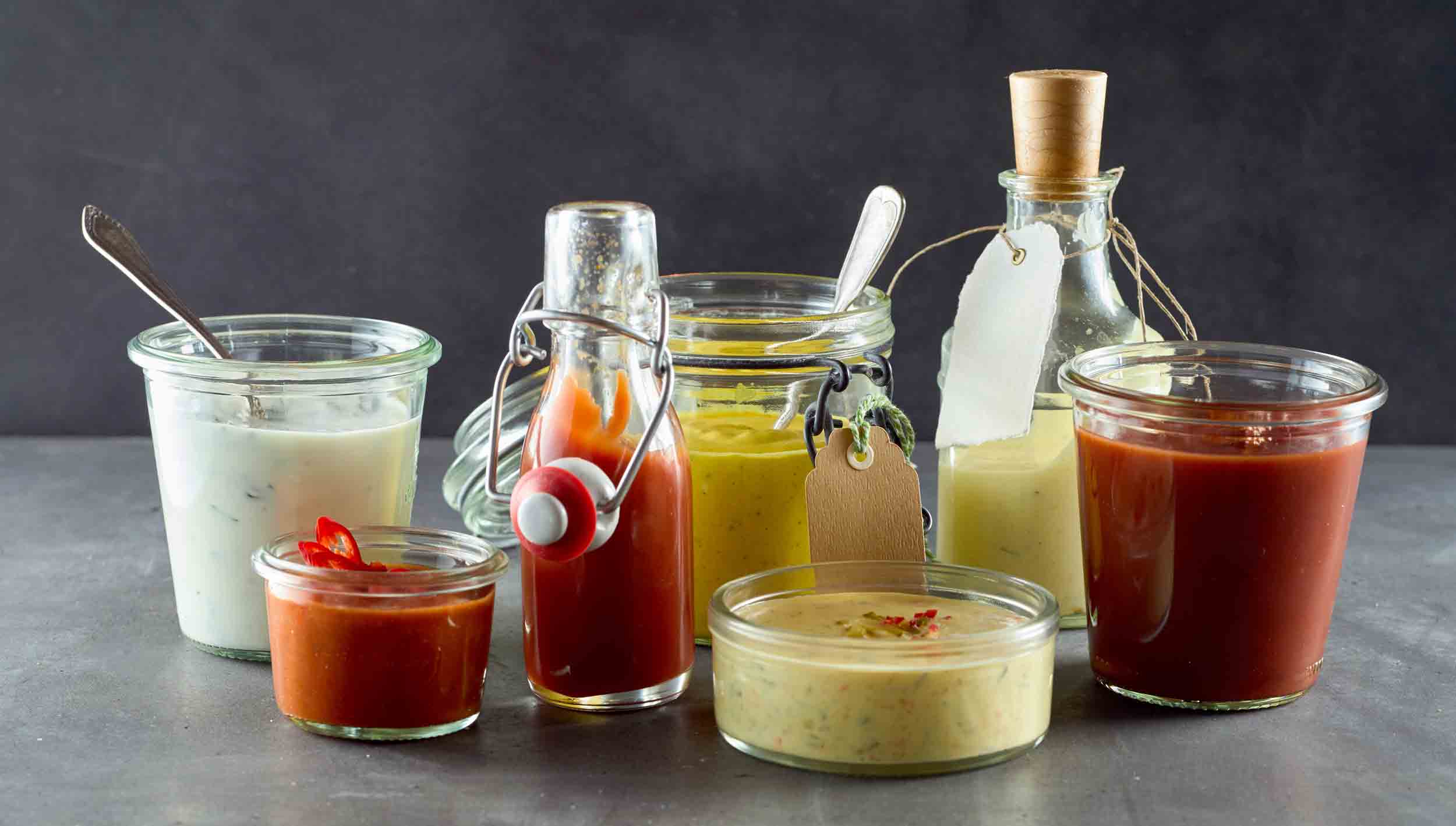The Essential Guide to Buying and Exporting Sauces and Seasonings from Jamaica
The Essential Guide to Buying and Exporting Sauces and Seasonings from Jamaica
Jamaica’s food and drink exports are worth more than half a billion dollars annually, and it’s not just rum. The island is also the third-largest exporter of sauces and seasonings in the world after France and Italy. These products have remained popular among locals for decades, so much so that many locals believe international demand for them to be an enduring trend. In this article you will find essential information about selling sauces and seasonings from Jamaica as a home business or as an added feature to your general store. We also detail market insights, production costs, best practice advice and potential pros/cons of exporting these products from Jamaica.
What kinds of sauces and seasonings do Jamaicans produce?
The most popular sauces and seasonings include Jerk Seasoning, Hot Pepper Sauce, Mustard and Worcestershire Sauce, Barbecue Sauce, Pickled Products ranging from Pickled Okra to Pickled Ginger, Pepper Sauce, and Vinegar. The island also produces a diverse range of savory and creamy dressings, marinades, cooking sauces, and condiments.
Exporting Process
The process of exporting sauces and seasonings from Jamaica is relatively simple and straightforward, provided you comply with the necessary regulation. Exporters of these products must first obtain a Food Manufacturer’s License and a Food Import License. For your Food Manufacturer’s License, you must ensure that your premises are clean and free from pests. You also need to meet all relevant health and safety laws with regard to equipment and chemicals. You also need a Food Import License if you plan on shipping products overseas.
Market insights
Hot Pepper Sauce and Vinegar – The demand for Hot Pepper Sauce and Vinegar is more or less constant throughout the year. Strawberry Jam – Demand for Strawberry Jam follows a bimodal curve with peaks during the months of July and October. Salsa – Salsa is a more seasonal product with a demand pattern similar to that of strawberry jam. Sauces – Sauces are seasonal products with a demand that follows a bell curve, namely a high demand during winter and a low demand during the rest of the year. Soups – Soups have an almost constant demand all year round.
Producing Sauces and Seasoning: Costs and Processes
The estimated investment required to produce Hot Pepper Sauce, Pickled Products and Pickled Vegetables is $45,000 – $60,000. Worcestershire Sauce and Mustard require $50,000 – $60,000 to produce. Jerk Seasoning and Barbecue Sauce require $50,000 – $80,000 to produce. Estimated production costs vary according to the product, but they are all relatively low compared to other food items. Hot Pepper Sauce, for example, requires $1,000 to produce. Pickled Products and Pickled Vegetables, on the other hand, cost $2,000 to produce.
Pros and Cons of Exporting Sauces and Seasonings from Jamaica
Pros – A wide, steady market that has remained consistent for decades. Sauces and seasonings have been a staple of the Jamaican diet for decades and have gained popularity in other regions due to increased globalization. – Easy to produce and sell. Many of the products are easy to produce and do not require much skill to sell. – A relatively low investment and low entry barrier. Most products require relatively little investment to produce and are accessible to individuals of all skill levels. – Few Competition. Due to the low barrier to entry, there are few competitors in the market. Cons – Seasonal product. Sauces and seasonings are seasonal products; therefore, they can be difficult to produce during off-peak seasons. – Low profit margin. While the product is easy to produce, it has a relatively low profit margin.
Conclusion
Sauces and seasonings are a staple of the Jamaican diet, and locals consume them on a daily basis. Exporting these products is a low-risk investment with a high reward potential. Due to their long shelf life and wide market appeal, you can easily sell your products online and at local trade shows. All you have to do is comply with the necessary regulations and have a clean, pest-free facility. With a bit of hard work and the right marketing strategy, you can earn a steady income from this exp








LEAVE A COMMENT
You must be logged in to post a comment.